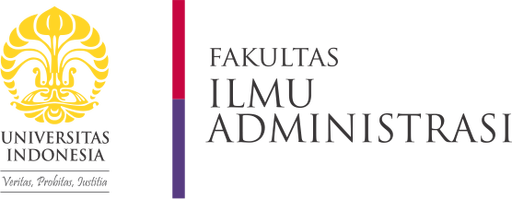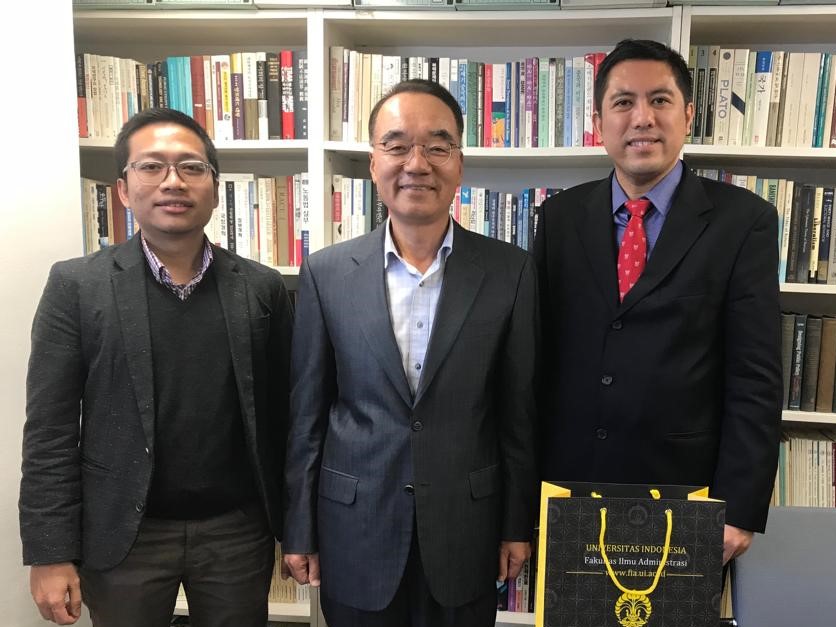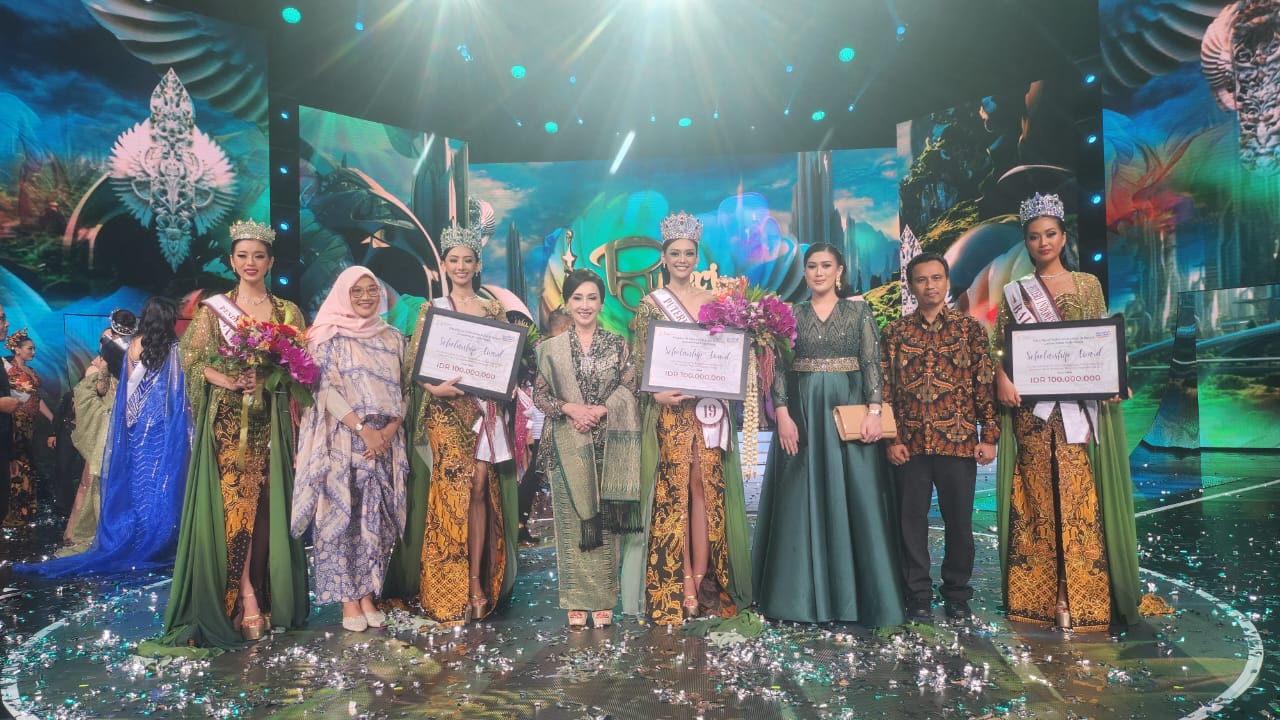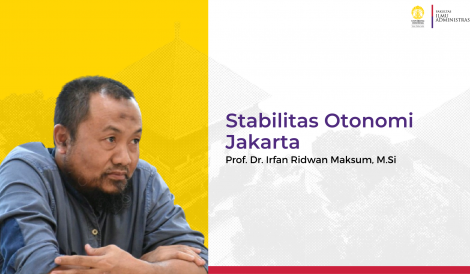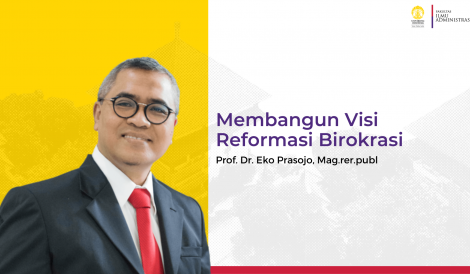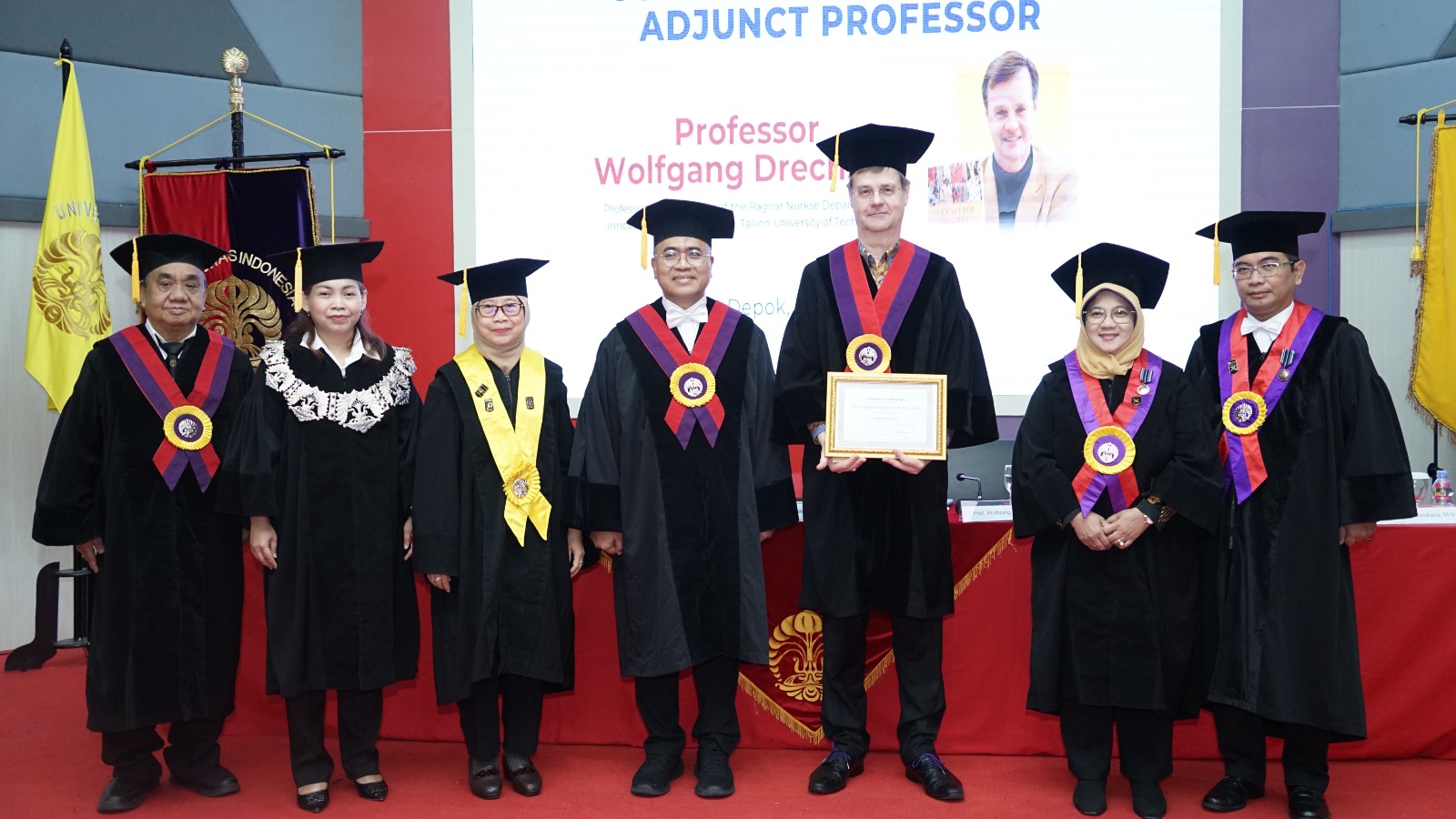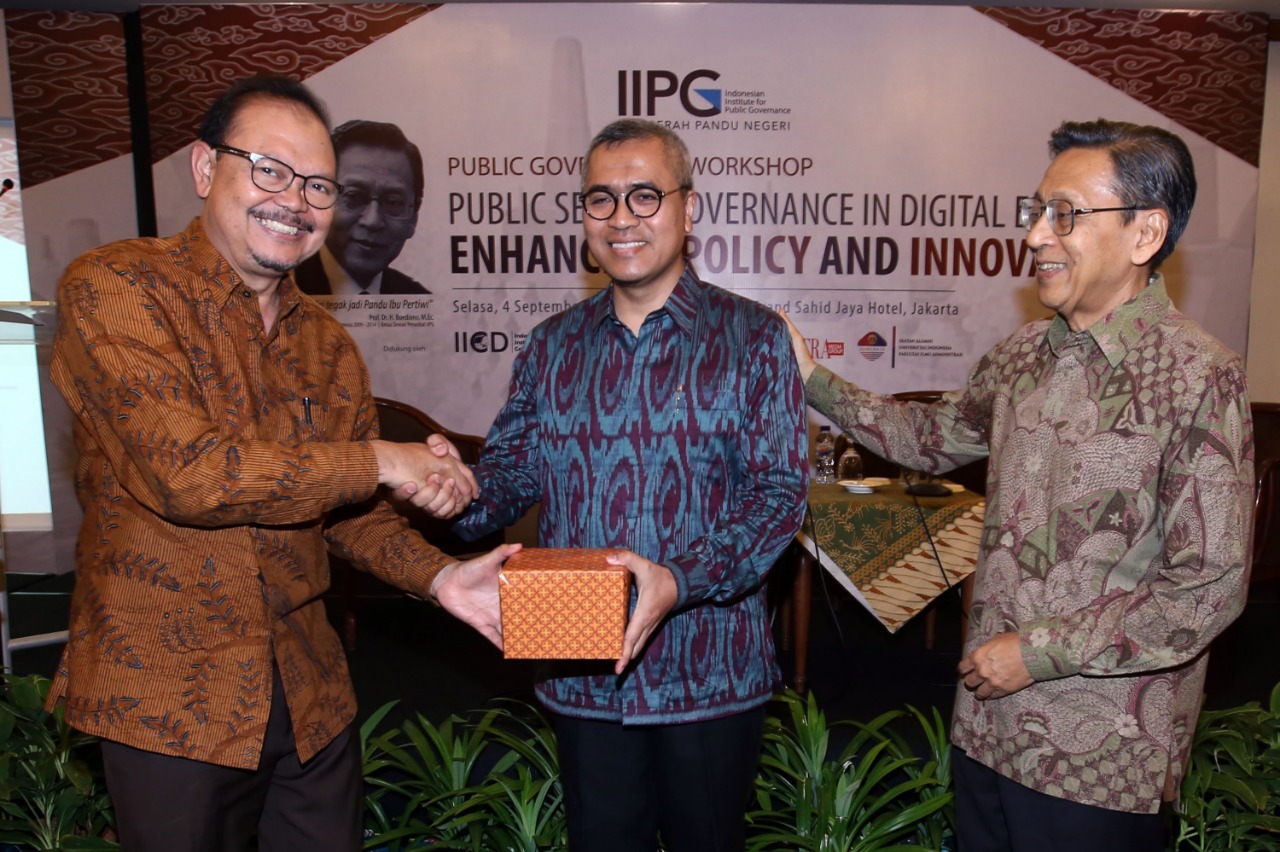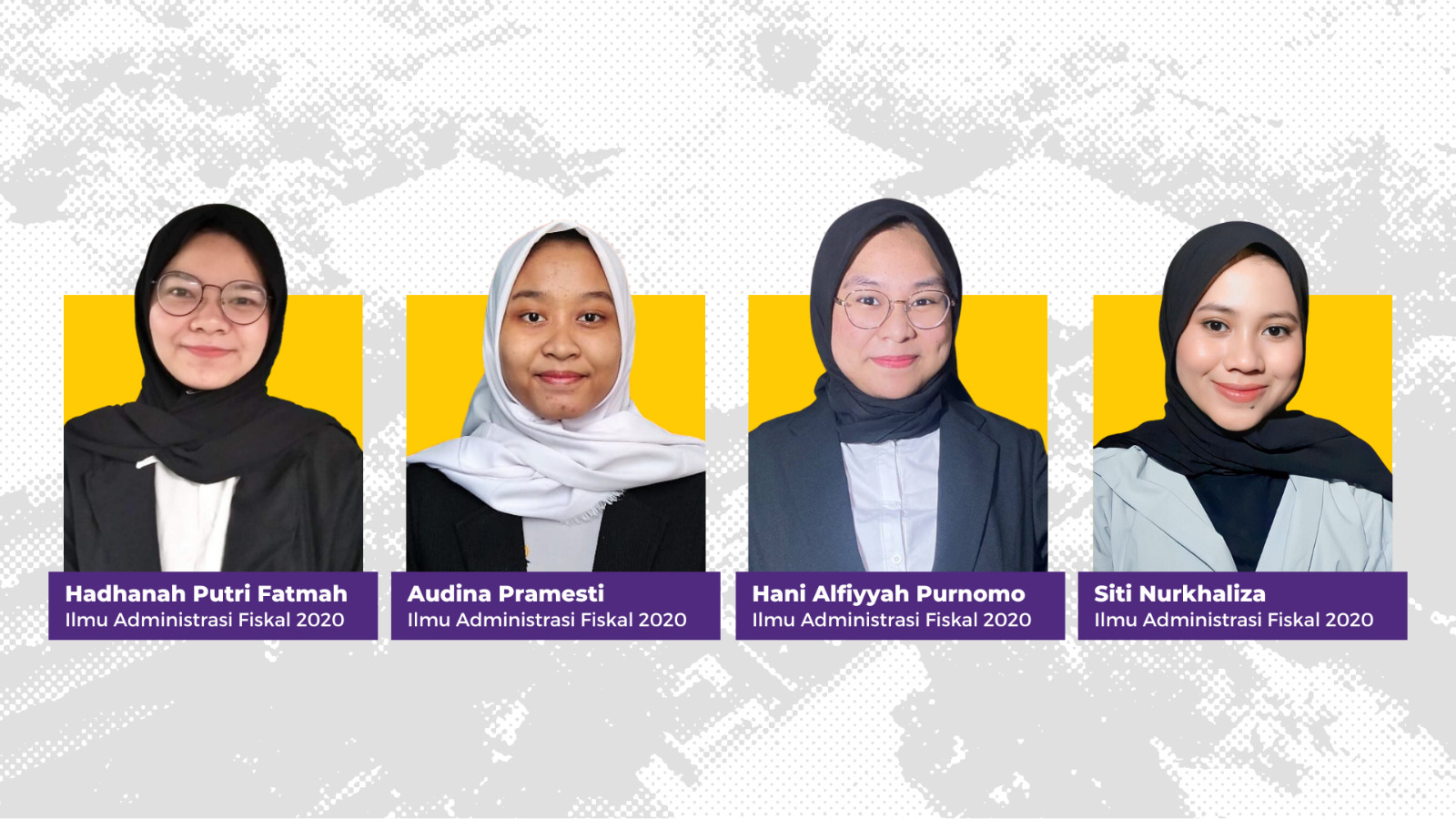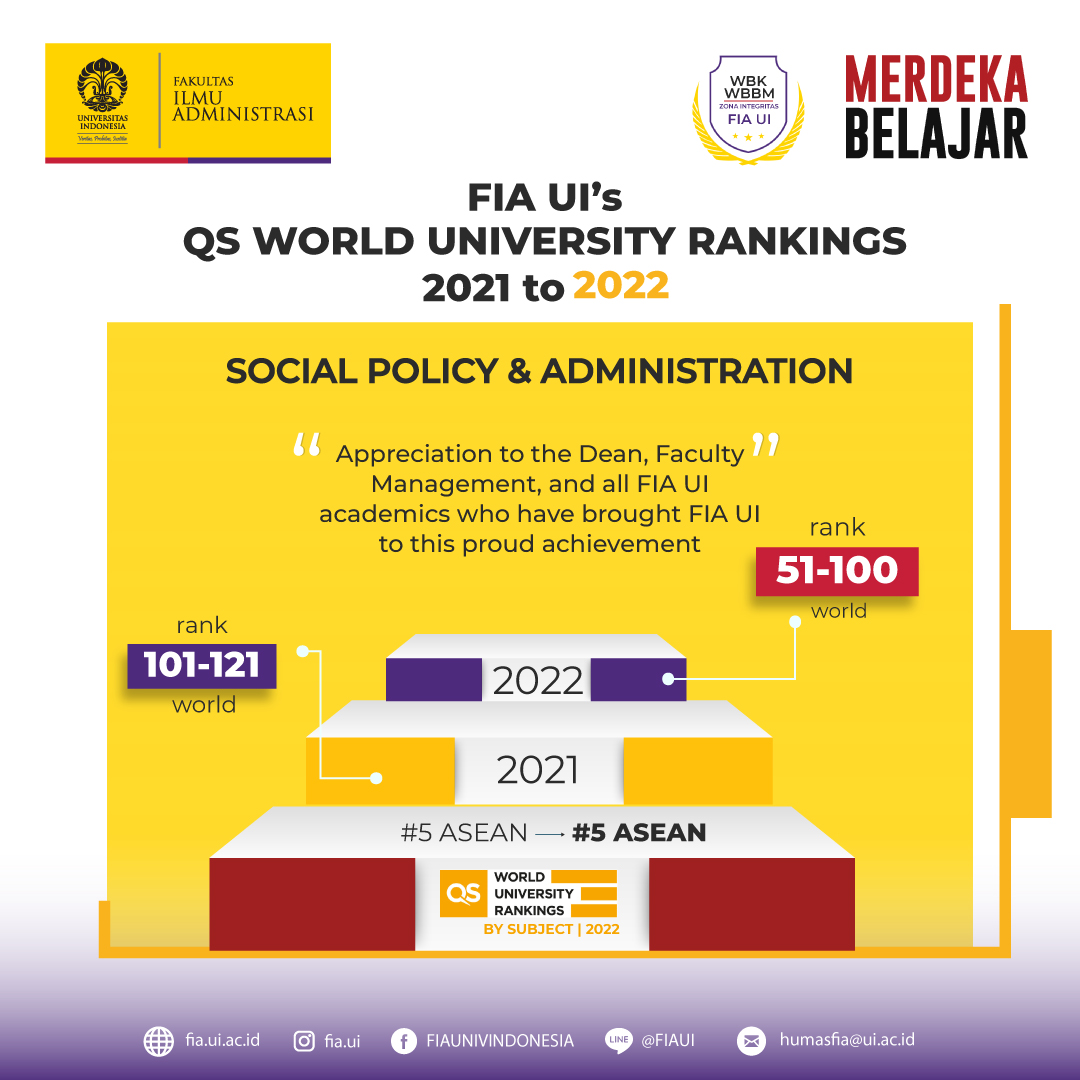SEOUL SOUTH KOREA. In order to build tax awareness early on, South Korea uses the popularity of artists in the entertainment world. This country of ginseng took Kim Hye-soo and Ha Jung-woo as tax ambassadors. Each year the tax ambassador will be replaced through elections held every March 3.
This was the concern of the group of Faculty of Administrative Sciences, Universitas Indonesia (FIA UI) led by cluster researchers Politics of Taxation, Welfare and National Resilience (Poltax) Dr. Vishnu Juwono. He and his team visited October 1-5 2018. This time visit the Information Hall of the Seoul Regional Tax Office, a mini museum that contains various information, history and development of tax administration in Korea.
In addition, the museum also actively distributes leaflets to understand prospective taxpayers about tax reform in Korea that has been going on since the Joseon era. National Tax Service (NTS) succeeded in designing Information Hall and gave a deep impression for visitors who average elementary to high school age.
According to Vishnu, for some people, paying taxes in South Korea has now become a necessity and lifestyle. This Public administration Lecturer hopes that Indonesia can learn to promote and regulate tax information. “Hopefully Indonesia can learn to promote and manage the tax Information hall located in the Marie Muhammad Building Loby, Gatot Subroto as well as what is done by the Information Hall of the Seoul Regional Tax Office,” said the alumni. London School of Economics and Political Science (LSE).
Visit to Sungkyunkwan University </ strong>
On the last day of the visit, the FIA UI group discussed two major figures of Sungkyunkwan University, namely professors in the field of Public Administration and Public Finance Prof. Suho Bae, as well as academics who have had a lot of experience in parliament and government for twenty years Jaewan Bahk.
In this in-depth interview, the research team found that in making quality policies the composition of the parliament was very influential, namely by the existence of experts in parliament or often called thank-you institutions. The existence of the think thank agency can make the value of check and balance inherited from the Joseon era awake. Second, there is a 360 degree assessment for the government. Thirdly, with the existence of a think-thank institution later this institution will compete to provide optimal contribution to the government.
In addition, Prof. Suho Bae paid attention to the increase in tax compliance. According to him, research on tax culture must be carried out in each country to determine the right effort to increase tax compliance of each country. Tax culture is useful to keep the taxpayer’s intention to contribute to his country even if he gets negative issues. Furthermore, it can minimize resistance for taxpayers who are examined. The effort that Indonesia has been studying for now to build tax culture is to change people’s perceptions by providing quality public services. In addition to these two things, South Korea has a law that requires its citizens to report to financial institutions when investing in other countries. So that the state can still monitor the funds invested. (AY/EM)
